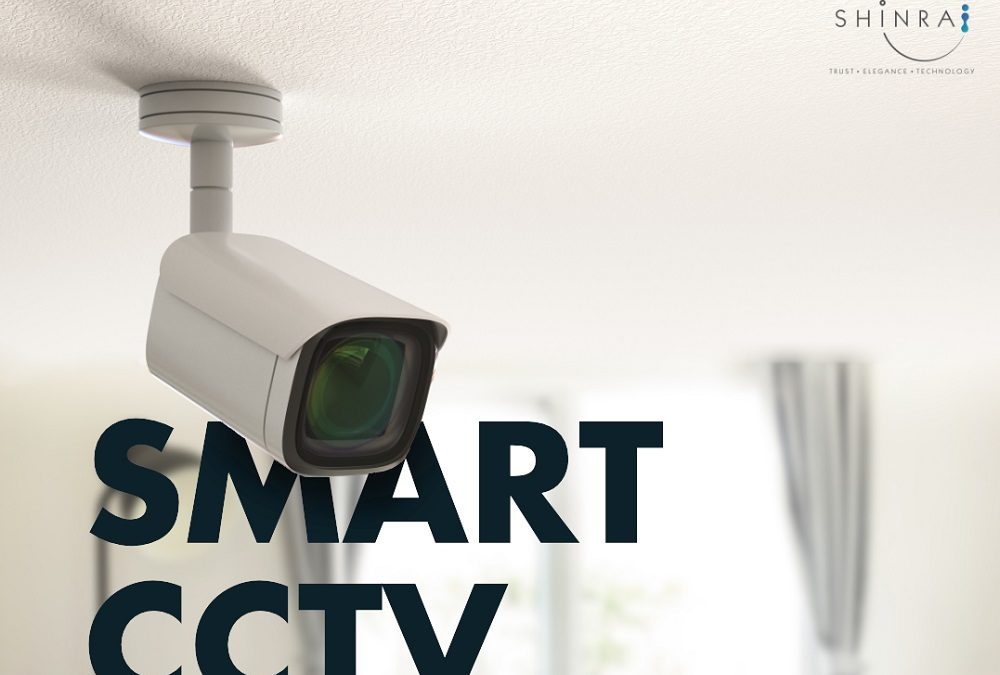This article informs you about ip camera vs cctv camera: the difference.
Security has become one of the priorities in this dynamically changing world. Video surveillance systems are the top choices when it comes to security. The two main types of cameras used for such surveillance are IP camera and CCTV cameras.
Both of these monitor and record activities for security purposes, but there are various differences in how they work. The difference is also between the technology, functionality, and applications. If you are looking forward to buying either of these cameras for surveillance, you must first know the difference.
Let this article help you select the best security camera.
Technology
Let us first understand the basic definitions of both of these cameras and the technology used in their manufacturing. An IP camera, or Internet Protocol camera, is a digital video camera that transmits and receives data over the internet.
This camera uses an IP address to connect to the internet. It allows users to access the video feed remotely from any device using the internet. NAS or cloud server, stores the video data of these cameras.
A CCTV, or closed-circuit television camera, is a traditional analog video camera. It transmits video signals to a specific device or recording devices within a closed system. The video feed from the CCTV camera is recorded on a DVR (digital video recorder) or VCR. This system can operate on any internet connection. The new versions of these cameras can display the videos on laptops, smart phones, and even tablets.
Installation
Network configuration is the main need of IP cameras. Thus, installation of these cameras is considered a complex task. But these cameras offer more flexibility, as you can add more cameras to the existing network. It allows the installation of cameras at various locations and can be managed from a single point in an existing network.
On the other hand, CCTV cameras come with an easy installation process with their straightforward network configuration steps. Coaxial cables are used to connect a CCTV camera to any DVR. But the drawback here is that adding more cameras requires more cables and might also require an extra DVR.
Video Quality
If you want a superior video quality, an IP camera can give you that. They provide HD and ultra-HD video resolutions like 1080p, 4K, and even higher. Such high-resolution capability allows you to see clear and detailed images and videos. It can be useful for face identification, license plates, and various critical details.
Comparatively, CCTV cameras offer low video quality. The quality is limited by the analog signal these cameras use. Standard analog CCTV cameras provide resolutions up to 480p or 720p. However, the latest technological advancements have come up with HD-over-coax systems. These include HD-CVI, HD-TVI, and AHD. These new systems offer higher resolutions and clearer quality.
Cost
IP cameras are more expensive because of their resolution and the required network infrastructure. IP cameras also require additional components like PoE or power over Ethernet, switches, NAS, or cloud storage. This also leads to an increase in the cost.
If you choose higher video quality or advanced features, the cost can double. If you want to install these cameras for some serious work like face identification, you cannot compromise on quality.
When it comes to CCTV cameras, these are more budget-friendly. The cameras and DVRs are not very expensive. The installation process is also simpler, which reduces the labour cost. It also does not require a lot of extra equipment. This also reduces the overall cost. The only adjustment you need to make is to compromise on the video quality.
Security
As IP cameras are completely dependent on network connectivity, they are more vulnerable to cyber threats. Thus, network security can be a critical concern. Network issues can also affect the performance and reliability of this system.
A CCTV camera works in a closed-circuit system. Hence, this is more reliable. This camera is less affected by network issues and cyberthreats. The only concern here is to protect the DVR, as it stores all the primary footage.
Conclusion
An IP camera or a CCTV camera, both come with some advantages and disadvantages. For high-resolution video with advanced features, choose an IP camera. But remember that this will need a lot of monetary investment.
A CCTV camera is an affordable and reliable option for basic surveillance. Now that you know ip camera vs cctv camera: the difference, you can select the one that serves your needs.
To buy ip camera in Sri Lanka visit Shinrai Smart Home.

Editorial Staff at Shinrai Smart Home are experts on smart home technologies.


Recent Comments